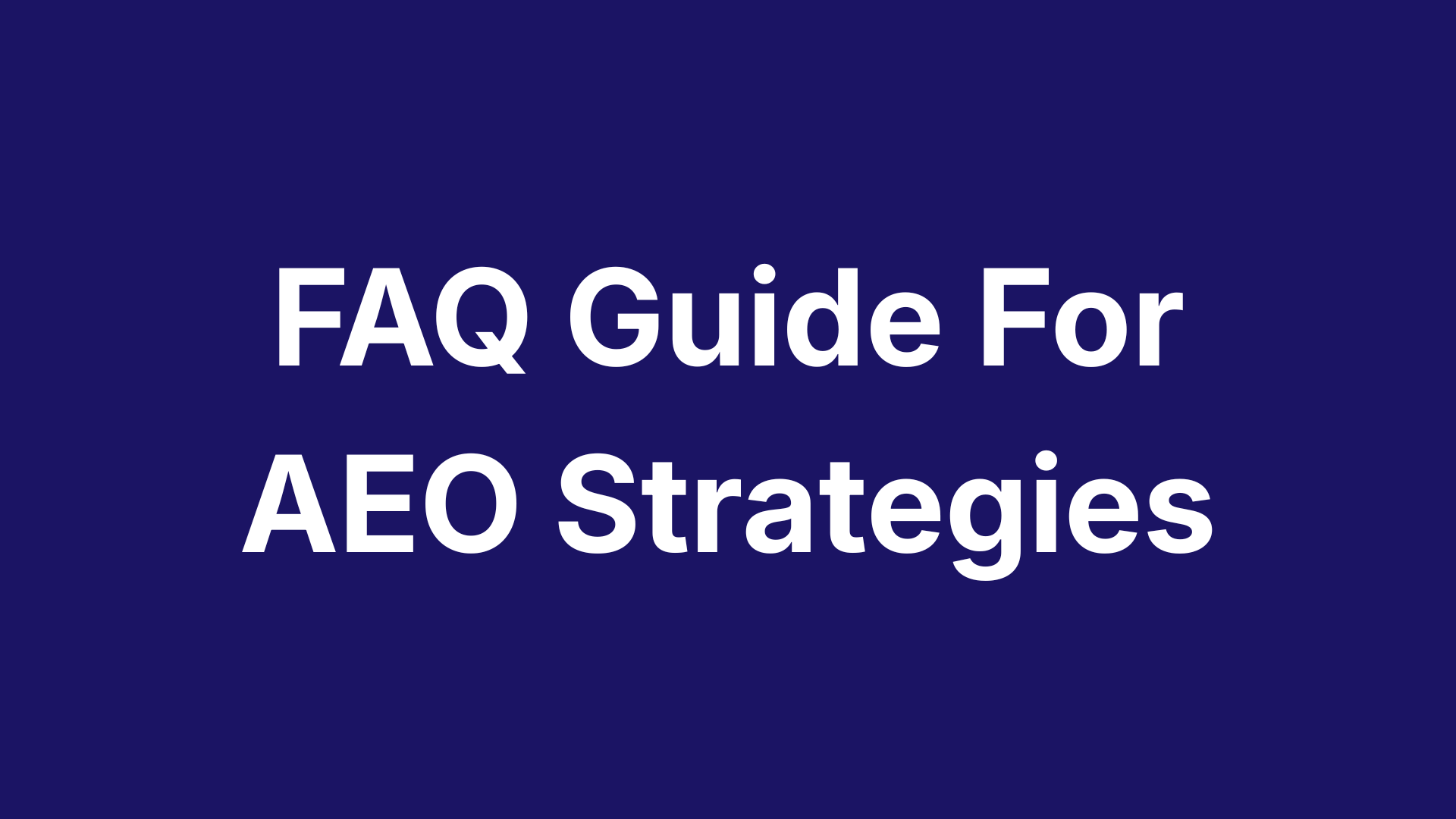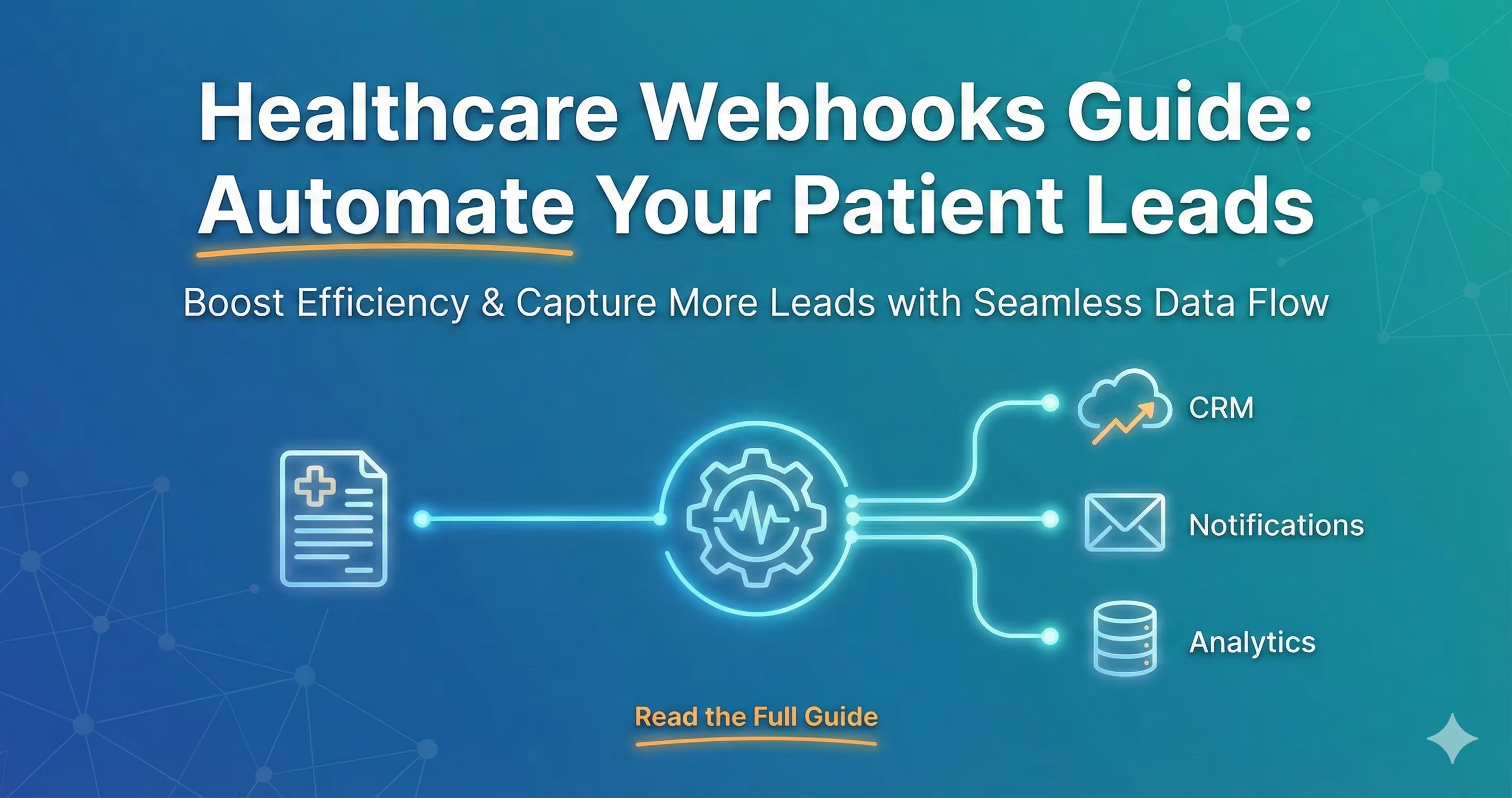Read more Articles
Keep up to date with medspa marketing strategies.

In most industries, marketing appears to be a well-oiled machine. Take e-commerce, for example, their marketing is almost plug-and-play. If you have a product people want and your agency knows how to run ads, the sales will follow. Simple. But in healthcare? The rules change. The same strategies that generate revenue for online stores can fall short for a medical practice. Why does a patient-based business play by such different rules — and why do so many agencies get it wrong?
Medical advertising is undoubtedly one of the most challenging forms of B2C marketing. ("Navigating the Complexities of Healthcare Advertising: Challenges and Strategies", 2023) You’re battling strict regulations, long decision cycles, and the need to build authority before a single patient walks through the door — all while a doctor is looking over your shoulder, asking why the phones aren’t ringing yet.
In this blog, I’ll break down what makes medical marketing uniquely challenging, why it’s even harder today than ever before, and what you should expect (and demand) when hiring a medical marketing agency.
Let’s dive into what sets this industry apart.
If you’ve ever worked in a private practice — whether as a physician, nurse, or front desk staff — and your clinic has hired a healthcare marketing agency, chances are you’ve seen the same story play out: the results were underwhelming.
But why does this happen so often?
When I speak with new clients, it’s not unusual to hear that they’ve burned through three, five, or even seven different healthcare marketing agencies before finding us. And the reason almost always comes down to one word: timeline.
Let’s use a real example. If you’re running Google Ads for liposuction, how long would you expect it to take from the moment someone fills out a form to the moment they book surgery? A day? Maybe three? Based on our own testing and client data, the real average is 110 days.
That’s right — nearly four months.
Too many doctors expect someone to fill out a form, hand over $5,000, and go under anesthesia without so much as a conversation. That’s not how people make decisions about life-changing procedures. We’ve all seen the documentaries on Netflix about malpractice — patients research, they compare, they deliberate. They want to know who’s the best, who they can trust, and whether the investment will truly change their lives. That process takes time.
I know this isn’t what every doctor wants to hear, but it’s the truth: medical marketing is a long game. If you’re expecting instant, high-ticket conversions, you’re setting yourself (and your marketing team) up for frustration.
For every doctor who has prematurely fired their agency because the phones weren’t ringing off the hook in week two — this is your reminder. You don’t build a trusted brand overnight. You build it with patience, consistency, and a clear understanding of how real patients make real decisions.
Beyond the lengthy decision-making timelines we just discussed, there’s an even bigger hurdle: competition.
One of the most important metrics in healthcare marketing is LTV — lifetime value. In most healthcare verticals, this number is enormous. Once someone chooses you as their provider, you have the potential to earn revenue from them for years — sometimes decades.
Here’s the disconnect: You might look at your campaign results and think, “My agency only booked 10 patients — that’s barely double my ROI.” However, companies like Hims or BlueChew examine those same 10 patients and conclude, “That’s $2,000 in lifetime value per person — minimum.”
These companies aren’t afraid to lose money on the first sale. In fact, it’s part of their strategy. They know the real profit comes from patients returning again and again, year after year. In some healthcare sectors, the LTV can range from $5,000 to $139,000 per patient. ("Concierge Medicine | Increase Patient Lifetime Value", 2019)
That’s why the big brands pour millions into advertising — not to make a quick profit, but to dominate the market and squeeze out smaller competitors. As a result, the cost per lead (CPL) has skyrocketed, making it harder than ever for independent practices to compete without a substantial budget. ("Acquiring new patients is increasingly expensive, with the average cost per lead (CPL) in healthcare reaching $401 in 2025.", 2025)
So here’s the truth: If a so-called “healthcare marketing agency” tells you that you can run high-performing PPC campaigns on less than $2,000 a month in ad spend, walk away. They don’t understand the economics of healthcare advertising — and they’re going to leave you with a pipeline full of poor-quality leads.
Here in Orlando — one of the most competitive healthcare PPC markets in the country — we recommend cosmetic surgeons budget around $4,000 a month in ad spend for a successful campaign. That’s the level where your cost per lead (CPL) can be driven low enough to make running ads truly worthwhile.
At first, that number might sound steep. However, consider the math: a single liposuction procedure can generate around $5,000. Combine liposuction with a breast lift or other enhancements, and it’s not uncommon for the total case value to climb into the $20,000+ range.
That means one booked patient could deliver an immediate 4x ROI — and that’s without factoring in any potential follow-up procedures or referrals. This is the kind of value you need to start recognizing when running ads for healthcare. It’s not about the cost per click — it’s about the lifetime value of each patient you acquire.
Healthcare is one of the most competitive industries in the ad space — right up there with law — and the big fish are spending big money to make sure it stays that way. ("Drug ad ban could leave US pharma with a bad case of withdrawal", 2025)
If you’ve made it this far, you might be wondering: “Then what’s the point of hiring a healthcare marketing agency? If they can’t deliver perfect leads instantly, and it takes months for patients to commit, why bother?”
It’s a fair question — and one I’ve intentionally pushed you to think about. Because while instant results aren’t realistic, there are mission-critical things the right agency can do that will completely change the way your practice operates.
Sure, there are the basics: running PPC campaigns, managing SEO, building brand awareness, and earning trust within your community. Those are all essential. But a good healthcare marketing agency creates systems that consistently convert interest into appointments, enhance patient loyalty, and directly support measurable growth for your practice. The right agency’s value lies in implementing strategies tailored to healthcare’s unique challenges, enabling your practice to become more resilient, efficient, and lucrative over time.
At Nexamed, yes, we run your ads and manage your SEO. But our partnership goes deeper: once the leads come in, we follow up consistently and strategically to nurture them into patients. We help capture positive reviews, re-engage existing patients with timely offers, and identify opportunities for growth through additional services. Our approach creates a predictable pipeline, maximizing every opportunity for revenue, practice reputation, and patient satisfaction.
Because here’s the truth: patients don’t shop for doctors like they shop for handbags. The moment they choose you is when the real work — and real revenue — begins. Your agency should be in the background, maximizing every ounce of lifetime value from that patient, not just chasing the next lead.
1. Do They Offer a Healthcare-Specific CRM?This may sound basic, but if your agency doesn’t provide a dedicated CRM designed for healthcare, they’re missing a huge piece of the puzzle. At Nexamed, we know you can’t follow up with leads 24/7 — and unless you have a dedicated sales team, that’s money slipping through the cracks. A proper healthcare CRM ensures consistent, automated follow-up that keeps prospects engaged until they’re ready to book.
2. Do They Sign a BAA?A Business Associate Agreement (BAA) is a legal document that outlines how a business can handle patient information in accordance with HIPAA. Even though Nexamed is fully HIPAA-compliant, we still sign a BAA with every client as required by US law. If your agency isn’t doing this, two things are true:
3. Do They Promise Guaranteed Results?At Nexamed, we have a proven track record of results — but we never promise a specific number of leads. Why? Because there are too many variables outside of our control, especially in an industry as competitive as healthcare. If an agency is making big promises right out of the gate, they’re either inexperienced in healthcare or trying to apply tactics from a completely different industry.
Healthcare marketing isn’t a gold rush. You can’t launch a campaign and expect tens of thousands of dollars in return within a week — that’s simply not how this industry works.
Instead, think long-term. Picture the results not in days, but in months. The patients you’re nurturing now will be the ones driving significant revenue down the line — because you’ve invested in building trust, credibility, and a reputation that lasts.
When you hire a healthcare marketing agency, go in with clear, realistic goals. Know exactly what they offer, and find alignment on how both sides can contribute to a successful partnership.
Healthcare marketing is one of the toughest games in advertising — high stakes, heavy competition, and a long road to conversion. However, if you give your agency the time, trust, and collaboration it needs, you’ll create a growth engine that pays dividends for years to come. Ready to transform your practice? Start the conversation with a specialized healthcare marketing agency today and take the first step toward long-term growth.
You’ve outgrown "basic" marketing. Nexamed builds the advanced lead-gen infrastructure your med spa needs to capture high-ticket patients and scale without the manual mess.
Keep up to date with medspa marketing strategies.

